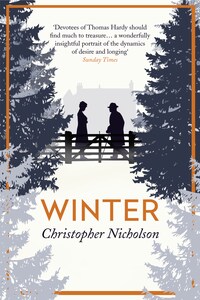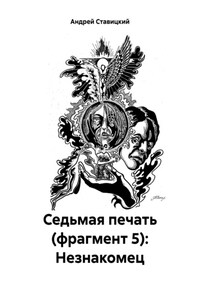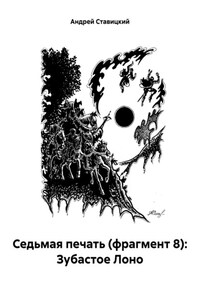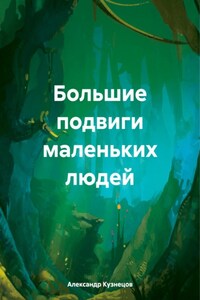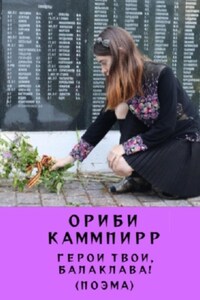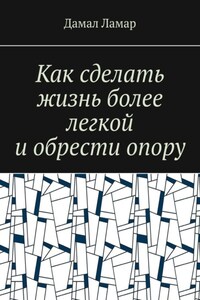Fourth Estate
An imprint of HarperCollinsPublishers
1 London Bridge Street
London SE1 9GF
4thestate.co.uk
First published in Great Britain by Fourth Estate in 2014
Copyright © Christopher Nicholson 2014
Christopher Nicholson asserts the moral right to be identified as the author of this work.
A catalogue record for this book is available from the British Library.
All rights reserved under International and Pan-American Copyright Conventions. By payment of the required fees, you have been granted the non-exclusive, non-transferable right to access and read the text of this e-book on screen. No part of this text may be reproduced, transmitted, down-loaded, decompiled, reverse engineered, or stored in or introduced into any information storage and retrieval system, in any form or by any means, whether electronic or mechanical, now known or hereinafter invented, without the express written permission of HarperCollins.
Source ISBN: 9780007516087
Ebook Edition © January 2014 ISBN: 9780007516063
Version: 2015-01-28
One of the old roads leaving a well-known county town in the west of England climbs a long slope and finally reaches a kind of open plain, a windy spot from which a wide prospect of the countryside is available. Fields of corn occupy the near and middle distance, while the rolling downs further off are grazed by numerous flocks of sheep. Much closer at hand there stands a clump of pines and other trees, the branches of which overhang a brick wall surrounding a dwelling of some substantial kind. Chimneys and a roof may be glimpsed especially in winter, but the wall is of sufficient height to obstruct the gaze of any pedestrians on the road, and the house remains as well hidden as if it were deep in a wood. Most wayfarers pass by scarcely aware of its existence. Yet a few curious souls, noticing a white entrance gate set in the wall, occasionally linger to ask themselves who may live in such a secluded, lonely place.
On a blue November dawn, not long before the present time, an old man might have been observed walking down the short drive that led from the house to the gate. He walked slowly, with a slight stoop, and carried a stick in his right hand. A small dog, a wire-haired terrier, accompanied him, snuffling at the vegetation on either side of the drive.
The drive was flanked by trees, and the depth of shadow beneath their boughs was such that the old man seemed to emerge by degrees out of a dim obscurity. He wore a tweed jacket, a wool tie and trousers of a nondescript colour, and on his head sat a wide-brimmed hat. When he reached the gate he halted, leaning on its top rail and scrutinising the world beyond. His moustache and eyebrows were pale, his face lined by a lifetime of experience and thought. While the down-turned nature of his mouth suggested a deeply ingrained scepticism, his eyes were keen and sharp and the wrinkles at each corner seemed to contain a distinct humour.
So, at least, he imagined himself. Not that bad for eighty-four, he thought, with a certain touch of vanity.
The road itself was empty, little traffic using it at this early hour on a Sunday. An erratic breeze blew, stirring the pines above his head. In the air hung a damp, resinous fragrance often encountered in wooded parts of the countryside in the last stages of autumn. This was, with the possible exception of spring, the old man’s favourite season, the year quietly burning down and the steady passage of time made visible by the lowered sun and shortened days.
There was no sun today, or none visible, but the light was gradually increasing and the sombre blue of the air had turned to a dull grey as he retraced his steps. The drive curved around a thick shrubbery and brought the front of the house into view. A handsome brick edifice, it had been built to his own design, and he was as proud of its dark slate roof, imposing porch and low turrets as he was of some of his literary works. The piece of land on which it stood had formerly been nothing but a bare pasture exposed to the full force of the prevailing westerly wind, and the trees that now encircled and protected it had taken forty years to grow to their present height. Inspecting the garden always gave him considerable satisfaction, and he strolled here and there, occasionally turning his head to follow the progress of the dog or to listen to the song of some bird. The lawns were thick with freshly fallen leaves. After a time he retired indoors, leaving his stick in a corner of the porch and hanging his hat on a wooden peg.
The house was too far from the town to be supplied with electricity, and all artificial light came from oil-lamps. One such had been lit in the dining room, where the old man ate breakfast in the company of his wife, Florence. He had married her a decade earlier, his first wife having died unexpectedly. They sat at opposite ends of the table and by mutual agreement talked very little; early morning was never a good hour for conversation. It being a Sunday, the newspaper had not yet been delivered, and she seemed content to read a book while sipping her coffee. The room was rather chilly, and around her neck she wore a fox stole. The head of the fox, with its glass eyes, dangled over the book.
